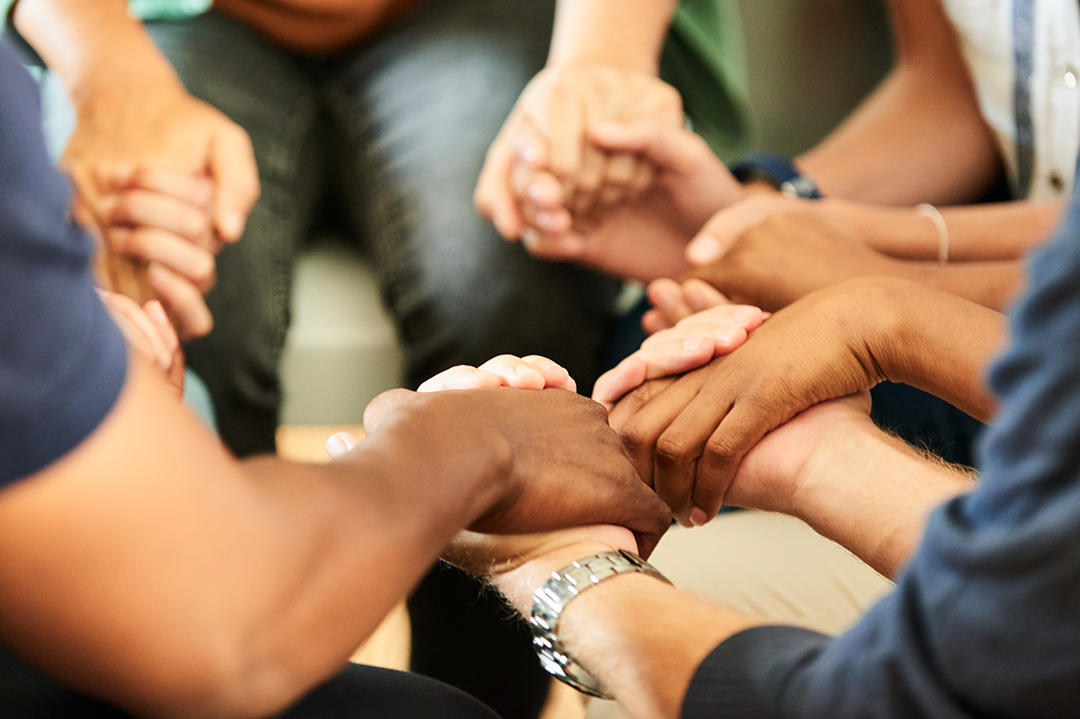
31 Aug Benefits of Community Support in Recovery from Depression
Community support plays a powerful role in recovery from depression, offering connection, understanding, and encouragement during difficult times. Engaging with others who share similar experiences can reduce feelings of isolation, provide practical coping strategies, and foster accountability in the healing process. By building a supportive network, individuals navigating depression gain not only emotional strength but also a greater sense of hope and belonging. Here are the benefits of community support in depression:
Reducing Isolation and Loneliness
Depression often creates a cycle of social withdrawal. People experiencing this mood disorder frequently isolate themselves from friends, family, and community activities. Community support groups break this pattern by providing safe spaces where individuals can connect with others who understand their struggles. These connections help combat the loneliness that often makes depression symptoms worse.
Support groups, whether in-person or online, offer regular opportunities for social interaction. Members share experiences, challenges, and victories with people who truly understand what they’re going through. This shared understanding reduces feelings of isolation and helps individuals realize they are not alone in their journey. Regular participation in community activities also provides structure and routine, which can be helpful for managing depression symptoms.
Providing Encouragement and Emotional Strength
Community support offers a valuable source of encouragement, especially during challenging times. When depression makes everything feel overwhelming, having people who believe in your recovery can make a significant difference. Support group members often serve as cheerleaders, celebrating small victories and providing hope during setbacks.
This emotional strength comes from multiple sources within the community. Peer supporters who have successfully managed their depression can serve as role models and sources of inspiration. Their stories demonstrate that recovery is possible, even when current circumstances feel hopeless. Family members, friends, and community volunteers also contribute emotional support by showing care and concern for the individual’s well-being.
Learning Coping Skills and Strategies
Community support environments provide natural learning opportunities where individuals can discover new ways to manage their depression symptoms. Support group members often share coping strategies that have worked for them, creating a pool of practical knowledge that benefits everyone in the group. These peer-to-peer learning experiences complement professional therapy by offering real-world applications of coping techniques.
Different community members bring various perspectives and strategies based on their personal experiences. Some may share techniques for managing negative thoughts, while others discuss exercise routines or creative activities that help improve their mood. This variety makes sure that individuals can find strategies that work for their specific situation and preferences.
Complementing Professional Treatment
Community support is most effective when combined with professional treatment from qualified mental health providers. While support groups and community connections provide valuable emotional and social benefits, they cannot replace the expertise of trained therapists, psychiatrists, or specialized treatment programs. The most effective approach typically involves a combination of professional treatment and community support working together.
Professional treatments for depression, including therapy and medication management, address the clinical aspects of the mood disorder. Community support enhances these treatments by providing ongoing encouragement, accountability, and practical assistance between appointments. Support group members can help reinforce therapeutic goals and provide motivation to continue with prescribed treatments.
Discover Proven Treatments for Depression Today
Community support is a powerful component in depression recovery that works alongside professional treatment to improve outcomes. The combination of reduced isolation, emotional encouragement, shared coping strategies, and enhanced treatment compliance creates a comprehensive support system that addresses multiple aspects of depression recovery. Contact a trusted psychiatrist near you and schedule an appointment to explore proven treatments for depression today.

No Comments